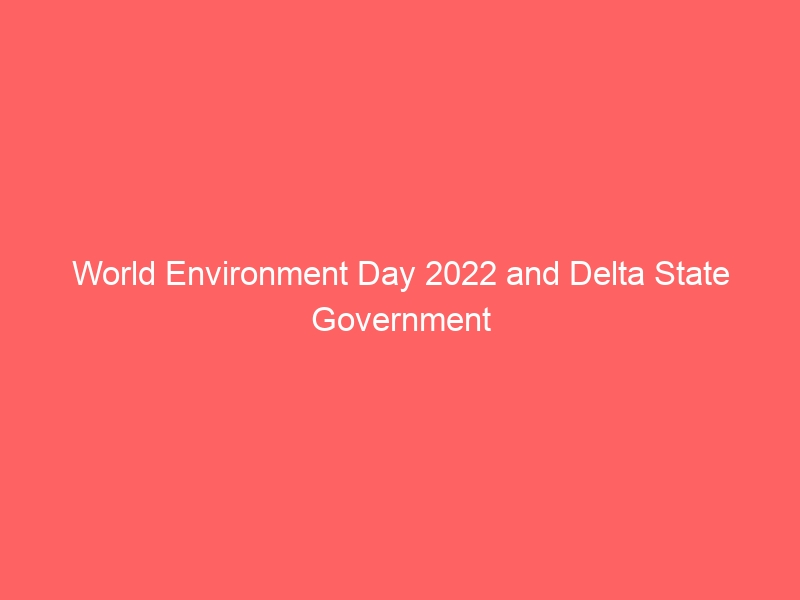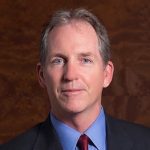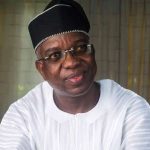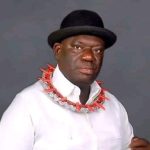World Environment Day 2022 and Delta state Government
By JEROME-MARIO CHIJIOKE UTOMI
Going by information in the public domain, World Environment Day is celebrated on June 5 every year by the United Nations Environment Programme (UNEP), to raise awareness about degrading environmental conditions and to encourage people globally to take positive environmental actions, to help create a better future. This year’s celebration, which is hosted by Sweden, had “Only One Earth” as its campaign slogan, with the focus on “Living Sustainably in Harmony with Nature”.
The United Nations Conference on the Human Environment aka the Stockholm conference held in 1972 became the first world conference with the environment as its major agenda and it declared the right to live in a healthy environment as a basic human right. Not only was the idea of a World Environment Day formalized there but also this conference saw the creation of the United Nations Environment Programme. World Environment Day, over the years, became a global platform for people from all walks of life to participate in various campaigns to spread awareness about environmental protection.
ALSO READ: World Environment Day 2022: Chevron Nigeria’s commitment to a sustainable future
The celebration of world environment day every year is done according to a specific theme and slogan which addresses the major environmental concern of the time and hosted by a different country each year.
For instance, last year, precisely on Friday 5th June 2020, during the celebration co-hosted by Colombia and Germany and streamed live online from Bogotá, I listened with real curiosity to Colombian President Iván Duque Márquez and Inger Andersen, Executive Director of the UN Environment Programme (UNEP), lead other world leaders calls for action to combat the accelerating species loss and degradation of the natural world.
Indeed, this piece understands the words and position of these world leaders. Their resolve to create a livable world appears to be a great message of hope for our environment. But, about the same time, it invites some maze of high voltage confusion. Essentially, this feeling of confusion naturally comes flooding when one reflects on the environmental challenge in the Niger Delta region-a region deliberately forgotten by the successive Federal Governments in their scheme of development; allowed fierce war to rage between ethnic and social forces, and as a direct consequence, cast a long dark shadow on the region and its people.
From the analysis of their actions so far, it is obvious in my views, that if the management of the region is left solely in the hands of the Federal Government, the region will continue to face new challenges as there exists set of established negligence, neglect, abuses and disappointments by the government at the centre that has made the people of the region lose interest in whatever law, policy, programmes, solution proposed or targeted at the region and its people.
The inexplicable and unexpected provisions of the recently passed Petroleum Industry Bill (PIB) which gave a paltry 3% allocation to the host community is a vivid example of such neglect.
Despite the successive Federal Government promotion of poverty and consolidation of powerlessness in the region, the Senator (DR) Ifeanyi Okowa led Delta state government have on its part, evidently shown that what’s crucial about a leadership is not its involvement in long speeches but how well it serves the interests of important constituencies-and how easily policies and decisions can be translated into a realistic competitive strategy.
A telling example to this claim is a recent statement by the entire indigenes of Benikrukru community, Warri-South Local Government Area of Delta state, where the community observed with dissatisfaction, that after over one year an oil spillage occurred in one of the major facilities of an American oil giant, Chevron Nigeria, located within the kingdom, the company and of course Federal Government has against all known logic continued to demonstrate lackadaisical attitude to the affected individuals and the entire Benikruku community.
While noting that it has been a very painful experience for them and worse, the world which has benefitted from our God given natural resource especially the federal Government of Nigeria, that have looked on while the community suffer this form of environmental degradation, killing torture in the hand of the Oil giant, the community noted with satisfaction that if not for the unrelenting efforts of the Delta state Government that provided the community with relief materials, adequate food and medical care, the situation and condition of these affected communities would have been unpalatable.
Again, the ongoing N10.5 billion, Ayakoromo Bridge project is another concrete testament that points to the fact that the ongoing development of the region cannot in anyways be attributed to guesswork but a decision process built on right judgments and supported by rational inferences basically different from mathematical probability process.
The project, when completed, will open up riverine communities in Burutu, Patani and Bomadi local government areas of the states. like the Bomadi bridge which connects three local government areas, (Burutu, Ughele and Patani), likewise, the Ayakoromo bridge going by commentaries, when completed promises to promote the socioeconomic lives and wellbeing of Deltans living in the four local government areas of the state.
Bobougbene community and its environs for example are reputed for the production of palm oil in commercial quantity and supply to Warri metropolis, and Okwuagbe markets in Ugheli South. The bridge when completed will provide easy access to these markets. Even more, it will open up the majority of communities that are yet to have access to the ‘uplands’.
With the advent of Okowa’s administration, the age-long excuse by previous administrations that the coastal region cannot be developed because the terrain is marshy-a feature that renders construction difficult if not impossible, can no longer be sustained. The Governor being a God sent, used his politics of development to send such an excuse to the dustbin of history. The region is now blessed with an appreciable level of good/internal road networks and other infrastructural development- a feat that qualifies the Governor as the first to give a sense of belonging to the people of the region.
With this development, the people of the region seem certain to make an increasing contribution to development of the state as a handful of them can now afford the luxury of education and access to good amenities. It is clear in hindsight that the Governor’s effort will not only give the people a sense that they have a governor that cares but act as a technique to support the people to understand the Governor’s vision.
By contrast, if a visit is presently made to the coastal areas of Delta state, and analysis/report of such visit placed side by side with documented accounts of deprivation, degradation and abandonment that formerly characterized the region, it will, however, reveal something fundamentally new and different about the crisis in the region; justify the belief that creative concepts of leaders can bring both disruptive and constructive aspect; and authenticate the conviction that leader’s action and inaction laced with capacity to shatter set patterns of thinking, threaten the status quo, or at the very least stir up people’s anxieties.
Certainly, if one had visited the Coastal areas of Delta state before the 29th of May 2015 date, he/she may have concluded that the area was a location that has apparently never heard of civilization. But under Governor Okowa’s administration, the people are coming to understand that education and infrastructural development of an area are best tools for shaping the future of the people, and not devices for an exclusive priviledged few.
For one thing, Okowa has shown that strategic success cannot be reduced to a formula, nor can one become a strategic thinker by reading a book, but through constant demonstration of competence, connection and character.
Indeed, there is no doubt that the progress of mankind in the last century was accompanied by a massive increase in the exploitation of natural resources; from climate change and marine pollution to the depletion of flora and fauna, environmental issues have only increased with each passing decade.
That notwithstanding, if the Federal Government truly wants to develop the region, there are indeed useful lessons/examples they must draw from Governor Ifeanyi Okowa’s development template in the state.
Utomi is the Programme Coordinator (Media and Public Policy), Social and Economic Justice Advocacy (SEJA), Lagos. He could be reached via jeromeutomi@yahoo.com












